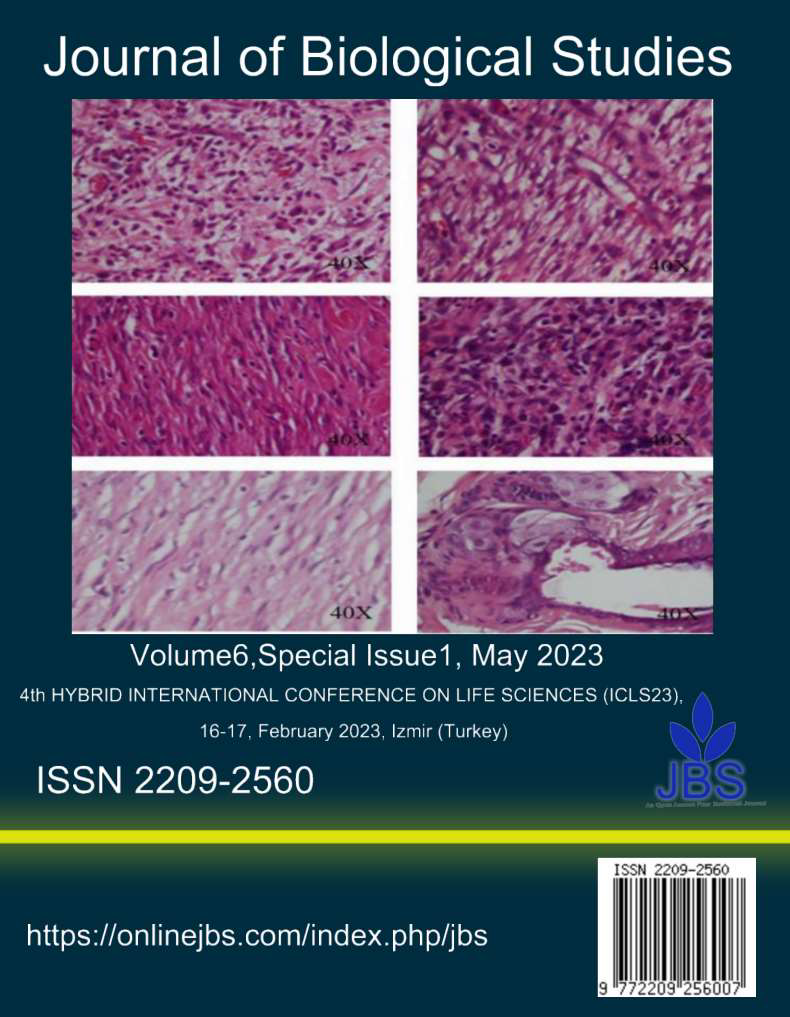Tolectin in vitro effects on TRP53 gene expression level in gastric adenocarcinoma cells
Main Article Content
Abstract
Tolectin is a non-steroid anti-inflammatory drug (NSAID) which has a clinically analgesic and antipyretic activity. Although the mechanism of its action is not known, tolectin inhibits prostaglandin synthetase in vitro and lowers the plasma level of prostaglandin E in humans. Recently, the anticancer effects of tolectin has been reported in in vitro studies. The aim of this study was to investigate the in vitro tolectin effects on antitumor TRP53 gene expression level in gastric adenocarcinoma cells. The gastric adenocarcinoma (AGS) cells were divided to control group and groups treated with 0.0012, 0.0023, 0.0049, 0.0097, 0.0194, 0.0389 mmol/mL. MTT assay method was used to determine the cell viability. Relative TRP53 gene expression level was evaluated by quantitative Real Time PCR. Data were analyzed using ANOVA and student’s t-test. Cell viability significantly decreased in all groups of tolectin treated AGS cells compared to control group; however, expression level of the TRP53 gene did not significantly changed in cells treated with effective concentration of tolectin (0.0131 mmol/mL) compared with control group. Our findings indicated that tolectin has a significant cytotoxic effects on gastric adenocarcinoma cells, however, its effective cytotoxic concentration has not significant impact on antitumor TRP53 gene expression level.
Article Details

This work is licensed under a Creative Commons Attribution 4.0 International License.
